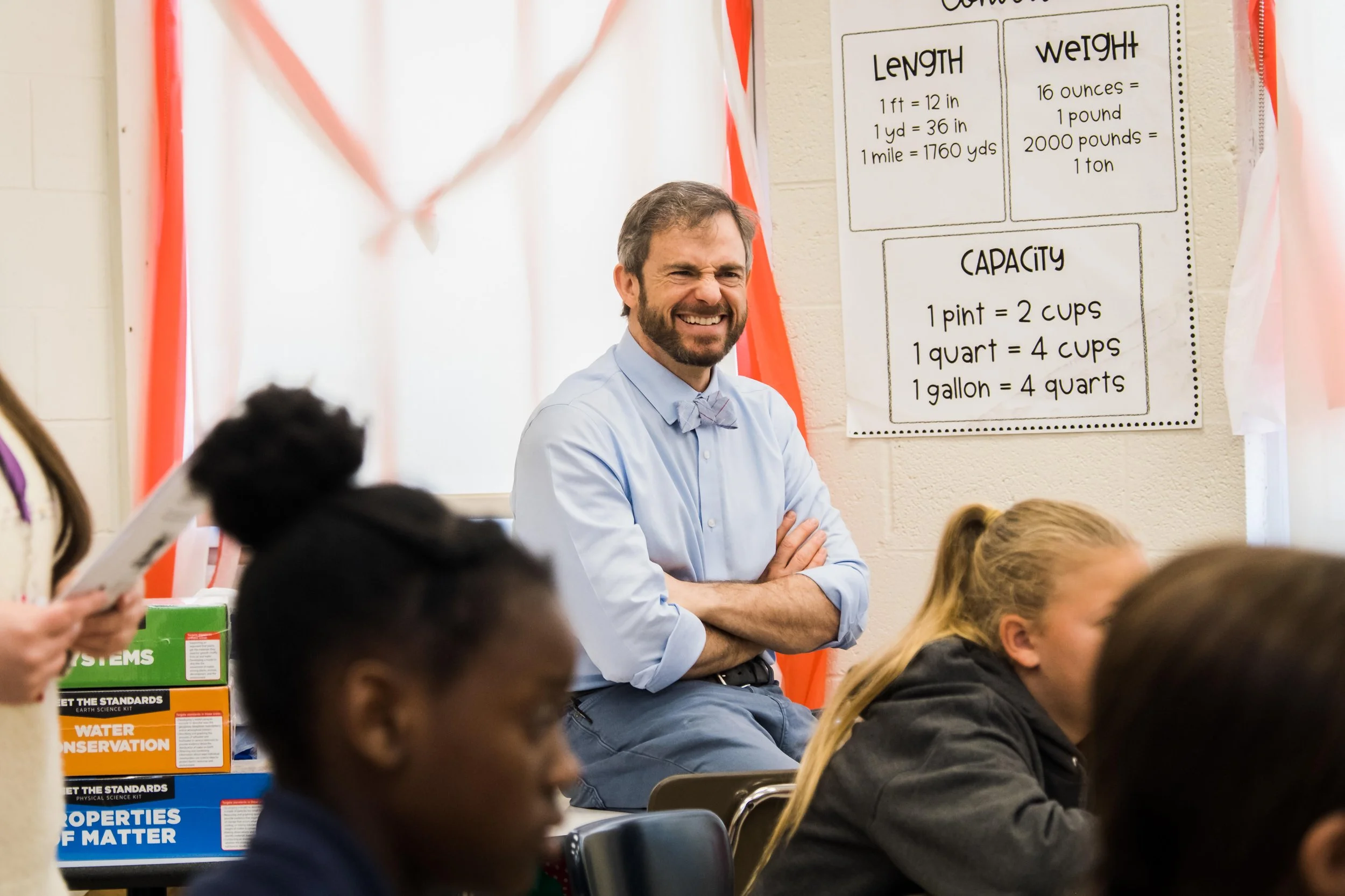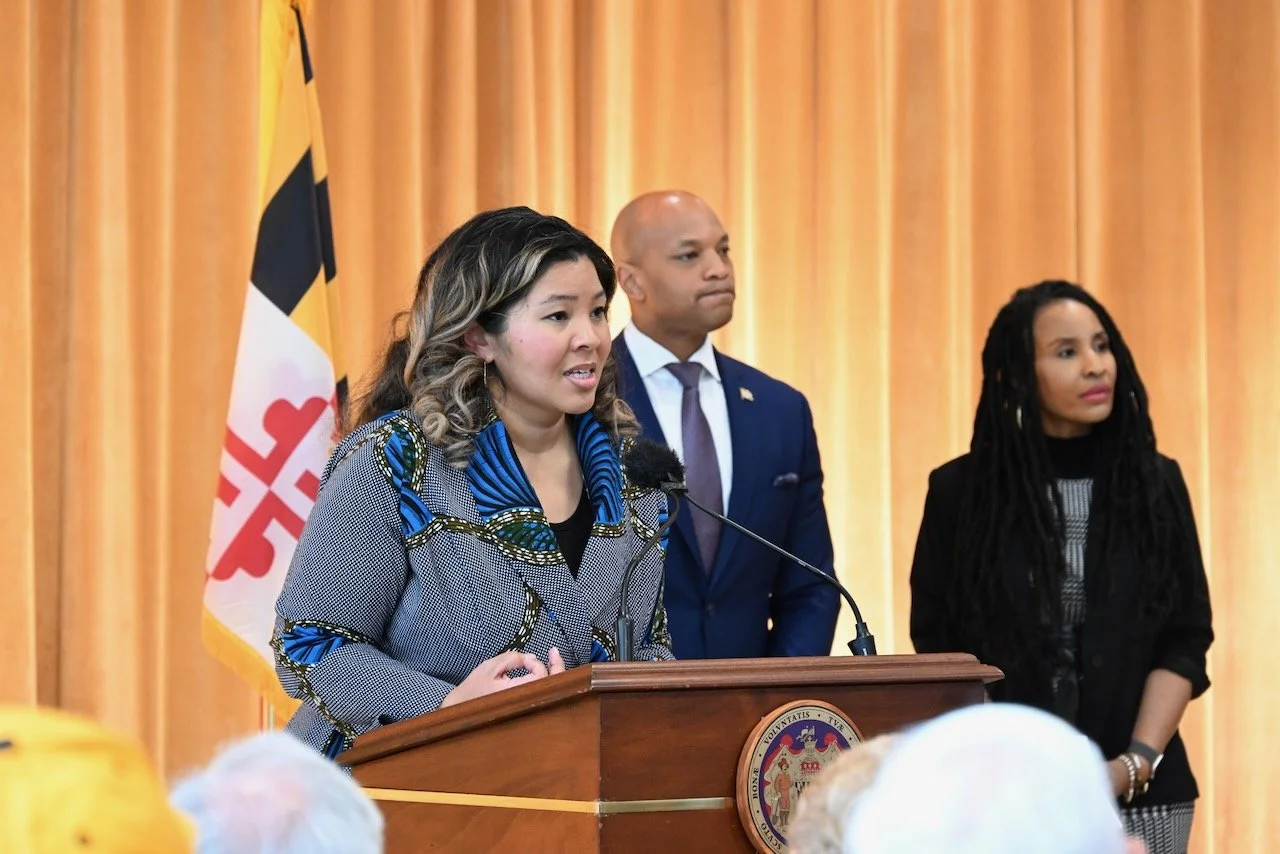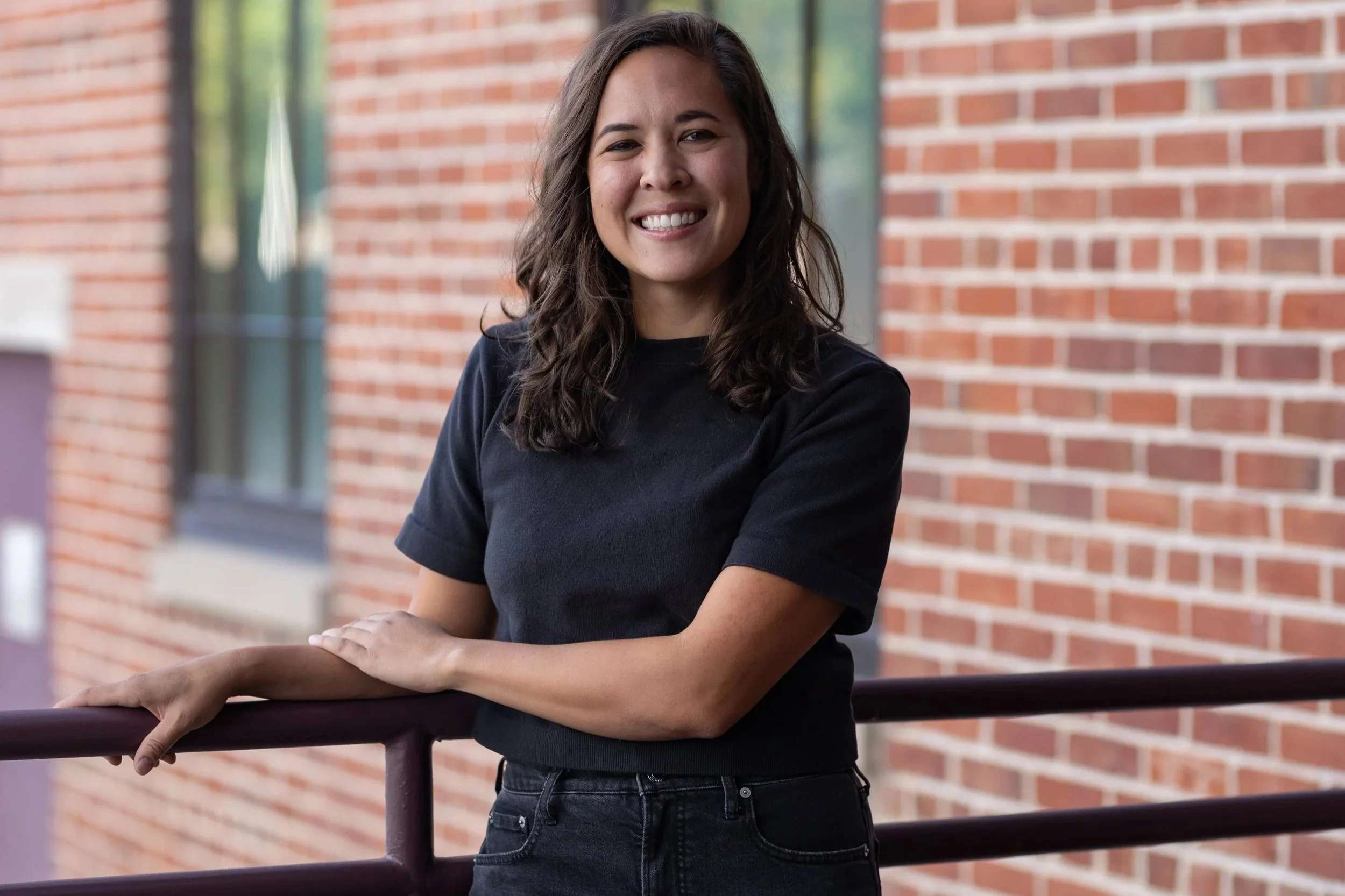Jared Chung knows it takes a village to launch a career
When Jared Chung founded CareerVillage, he combined his skills in management, marketing and one-on-one mentoring of young people who need career guidance. His company is the ultimate example of using AI for good, which is why the Morgridge Family Foundation has invested $100,000 to help the company scale.
CareerVillage delivers their services in two ways: through one of the world's largest free career Q&A content sites and through what Chung says is “the world's best and highest quality AI Career Coach.” Both platforms are large-scale solutions that level the playing field for people who might not otherwise have access to high-quality advice.
What inspired you to start Career Village and who is it for?
I was inspired by my personal challenges accessing career support and guidance as a young student growing up in New York City. Once I had graduated and was fortunate to be working at McKinsey, I started mentoring students. I realized how common the need is for career support, and how existing solutions, such as in-person programs, were difficult to scale to meet this need. CareerVillage is designed for individuals who are exploring career paths and navigating the labor market–especially those who have no access to career coaching already, which, frankly, is the majority of young people!
How many people have you served so far, and what other outcome data do you have?
Since our founding, our platforms have collectively reached over 10 million people globally. We have users in every major city and every state in the US and across the world in 190 countries. The proof is as simple as knowing that millions of people trust our career services, but we go deeper—into self-efficacy and career mindset measurement. After using our latest platform (the AI Career Coach), more than 90% of users report feeling more prepared and more confident. Educational institutions using Coach are already finding huge cost savings and quality improvements for their services. And on our Q&A platform, where users engage with human volunteers, we have a 99.9% rate of questions answered and a ratio of more than four answers per question.
With so many layers of people and data involved, how do you know the advice is correct?
Human input and oversight are central to our AI approach. We co-designed the Coach platform with our beneficiaries and partners to ensure the tool is relevant and useful to those it serves. We continuously gather feedback from users to guide our product roadmap and shape ongoing iterations. We’ve also integrated human-provided insights from our Q&A platform—where real volunteers have answered thousands of career questions—into Coach. This helps ground the chatbot’s advice in lived experience and real-world context.
What will the workforce of tomorrow look like and how can CareerVillage help young people prepare?
We're at a crossroads where the pace of job change is accelerating more and more quickly, so it's essential that we choose the path of responding equally as quickly. The workforce of the very near future will include a far-larger proportion of jobs where people work with AI tools day-in-and-day-out. As AI automates many mundane and simple tasks, the work will become much more cerebral: more strategic, more communication-oriented, more reliant on critical thinking, more oriented toward problem solving, and more relationship-driven. Basically, we need to teach core skills, management skills, and AI skills. And to be clear: I'm not hoping for this change—I'm just seeing the change underway and calling it like it is.
How can you – or any of us – possibly stay ahead of such a rapidly changing world?
It's essential that our entire sector lean in right now. You don’t stay ahead by knowing everything—you stay ahead by being committed to learning. No one can predict exactly what the future holds, but we can build systems and communities that help us adapt faster and learn smarter. We have to not only try new tech tools constantly, but we also have to be 100% committed to adopting new technologies and embracing that our own organizations will have to change in many ways. Change is uncomfortable, but I really think we need to ask ourselves: Are we brave enough to accept that in order to help our learners navigate a period of dramatic and uncomfortable change, we too will have to change our own habits in ways that might be dramatic and uncomfortable? I think we are!




